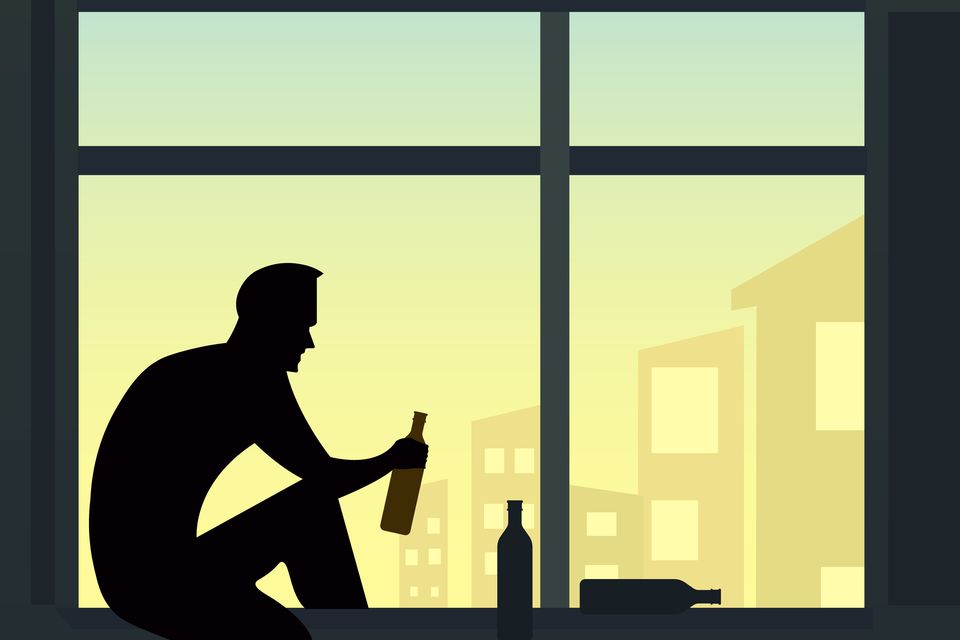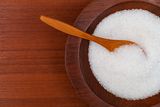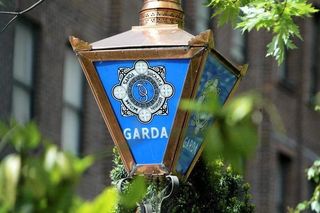Do you drink alone? How to tell when solo drinking becomes a problem
Is drinking alone a byword for alcoholism, or is it better to enjoy the occasional solo tipple rather than bingeing at social events? When it comes to assessing problem drinking, it seems that number of drinks consumed is the most important thing to consider
Solitary drinking has a bad reputation, but whether or not it is unhealthy depends on the context. Image: Getty
Do you drink alone? Are you the only one in your household who drinks, so the bottle in the fridge is all yours? If so, does this mean something is wrong? Or is drinking alone one of life’s small pleasures — a glass of champagne in the departure lounge, a cold beer after work, a pre-dinner gin? Does drinking alcohol without the company of other alcohol drinkers mean you have an alcohol problem, or is it more nuanced than that — or is nuance just another word for denial? Where does the pleasure stop and the problem begin?
In 2020, Cosmo Landesman wrote in The Spectator how solitary drinkers, “we prefer to be called solo drinkers”, have always endured stigma. “Drinking on your own is seen by the medical profession as a sign of such mental health problems as depression and alcoholism,” he writes. “It’s what sad, lonely men do. Sad men in smelly rooms. Sad, sloshed men watching porn and drinking cheap wine. Sad, lonely, depressed men sending tweets they will regret in the morning. Sad men who weep themselves to sleep.”
Join the Irish Independent WhatsApp channel
Stay up to date with all the latest news















